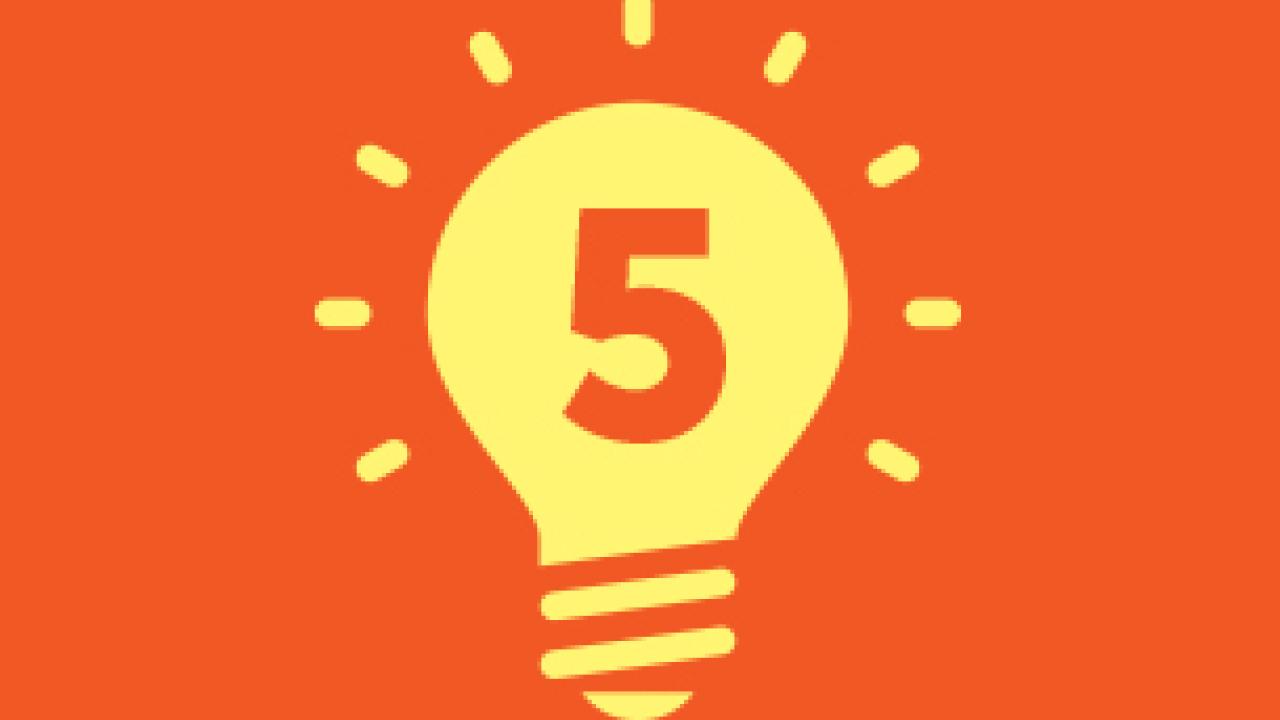
Top Five Tips From Mentors: Debrief from Mentor-Mentee Mixer
Quick Summary
- Top 5 Tips from Mentors for Students
Thank you to everyone who participated in the Mentor-Mentee Mixer. It was a lot of fun and We heard from mentees that they really enjoyed participating. One awesome mentor, Megan Nguyen, who graduated from the UC Davis EPAP program in 2015, wrote out a summary of key points that came up across a lot of the interactions folks had.
Here are 5 tips from the Mentors! (courtesy of Megan Nguyen)
- Networking isn't scary, it's just making friends at work: Seriously, stop psyching yourself out about networking. It's not some weird formal thing where you have to hand out business cards and make small talk about the weather. It's literally just being friendly with people who care about the same stuff you do: conservation, climate justice, getting more people outside. Chat with someone after a seminar, grab burritos with a classmate, ask questions after a guest speaker's presentation. That's it. That's networking. These random connections end up mattering way more than you'd think. And you can look up informational interview questions to help you break the ice and or ask for time to meet with someone you find interesting and want to learn more. (see tip 3 for more)
- Communication and storytelling skills are severely underrated, invest in them now: Look, you can be the smartest person in the room with the best policy analysis ever, but if you can't explain why it matters to an actual human being, what's the point? Learn how to turn boring data into stories people actually care about. And also learn how to tell your personal story about why you're passionate about something or why you decided to study in your major. Take that writing class, practice your presentations, join debate clubs like Model UN or Toastmasters. Trust me, being able to communicate well will get you further than being just another person who can analyze data or policy.
- Master the informational interview, most people actually want to help: Here's something nobody tells you: people in this field genuinely like talking to students. They remember being in your shoes. So just email someone whose job sounds cool and ask for 20 minutes of their time. Come with real questions about what they actually do day to day and how they got there. You'll be shocked at how many jobs exist that you didn't even know were options. Plus, this is literally how you get internships and jobs, not just by applying online into the void.
- Your career starts right now, not at graduation: Don't fall into that trap of thinking real life starts after you walk across the stage. You're at UC Davis right NOW with access to all these resources that evaporate the second you graduate. Bug your professors about Research Assistant positions. Actually go to office hours. Get to know your TAs, they know about opportunities. And your classmates? They're going to be your coworkers, your collaborators, the people you call when you need advice in five years. Start building those relationships now.
- Yes, learn R and GIS, but don't sleep on mastering Excel and Microsoft Office: Learning fancy technical skills sounds way cooler. And yeah, definitely pick up some GIS and maybe some coding. But can I tell you what actually makes you hireable on day one? Knowing how to build a spreadsheet that doesn't make people cry or want to rip their hair out. Being able to throw together a decent PowerPoint. Actually understanding how to use Excel beyond just typing numbers into cells. Most environmental work happens in these basic programs, and most people overlook these fundamental skills. Be the person who actually knows what a pivot table is and you'll immediately be more useful than half the applicants.
Good luck- be yourself and also believe in yourself! The world needs more change makers, especially in this moment. You got this!
